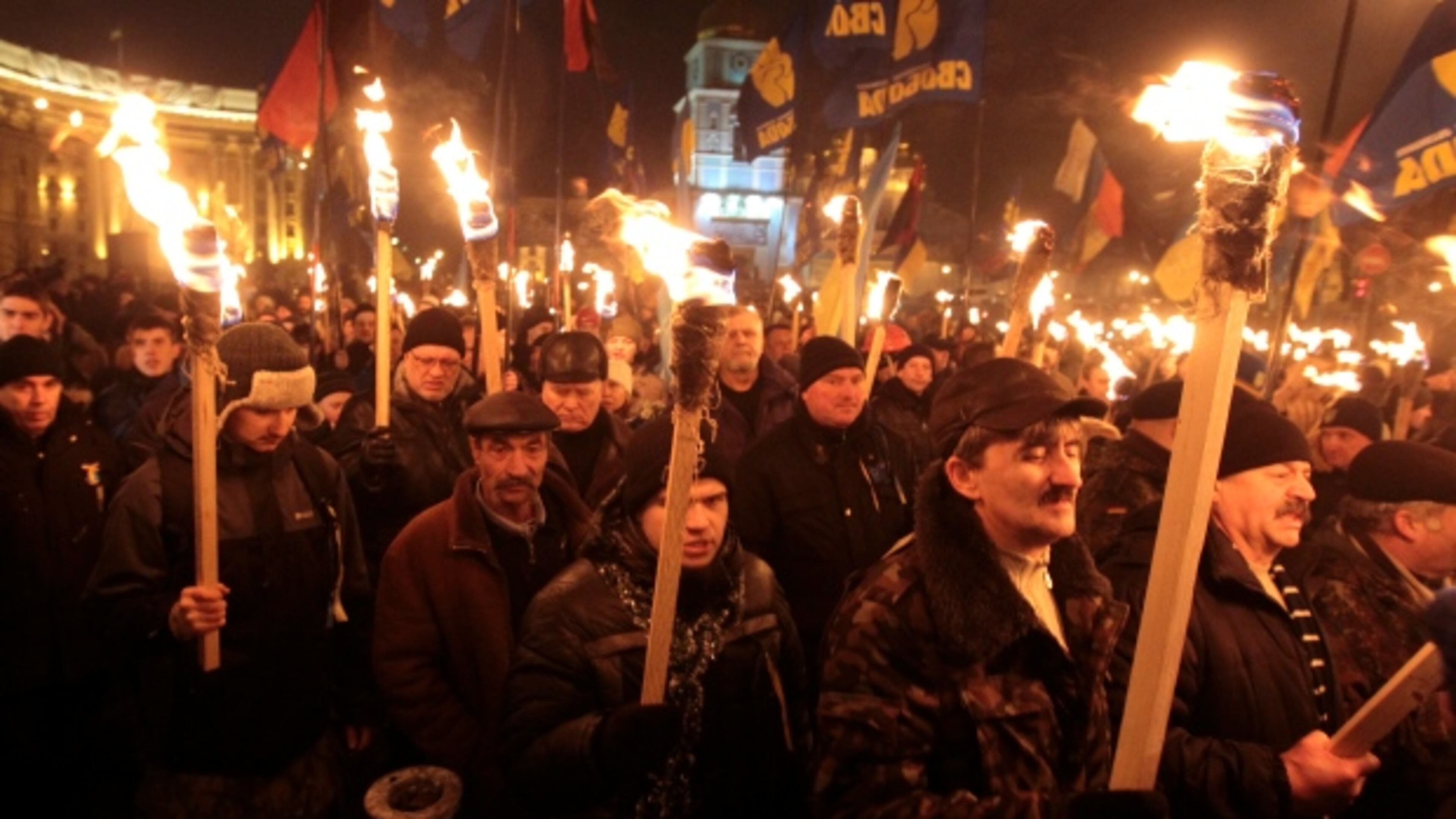Opinion: The problem of ‘nationalism’

As the 2018 midterms wind toward a conclusion, the Republican Party and Donald Trump have chosen not to run a traditional GOP campaign. For example, they have chosen not to focus on the massive tax cuts for corporations that a few months ago were to have served as the center pole of their campaign.
And instead of renewing their assault on ObamaCare, they have awkwardly tried to seize its banner as their own, claiming after a decade of opposition that they are the true protectors of those with pre-existing conditions, that they are the party that will use government regulation to bring down pharmaceutical prices.
But most of all, following Trump’s lead, their closing strategy is to campaign on fear and resentment. It is birthright citizenship, with Trump claiming the alarming power to overturn longstanding constitutional law with a simple presidential signature. It is immigration and the caravan, with Trump ordering thousands of armed American soldiers to “our sacred border” to halt an “invasion” of poor people on foot, still almost a thousand miles away, acting as if the mighty United States of America were a tiny fortress, an Alamo under siege.
“The Caravans are made up of some very tough fighters and people,” as Trump wrote in a new tweet. “Fought back hard and viciously against Mexico at Northern Border before breaking through. Mexican soldiers hurt, were unable, or unwilling to stop Caravan. Should stop them before they reach our Border, but won’t!”
In his rallies and in interviews, Trump has also embraced the language of the international far right, describing himself as a “nationalist” and his opponents as “globalists.”
“Globalist” and “nationalist” are terms with deep roots in racism, anti-Semitism and fascism. In Hungary, fascists call themselves nationalist and rant against George Soros and the globalist elite, as do their counterparts in places such as Poland, Russia, Italy, Austria and France. Such words serve as code, to signal to others at home and around the world that they share a common cause and understanding.
In all those various countries, nationalism is understood to have a common meaning, and that is “white nationalism.”
So when the president of the United States uses “nationalist” to describe himself and “globalist” to describe his opponents, the racists and fascists elsewhere and at home are thrilled. They see it as an intentional sign that he is one of their own, and are greatly encouraged in their cause.
Trump and some of his supporters try to deny that is Trump’s intent, defending his rhetoric by explaining that he doesn’t use those words in the same sense that the fascist, racist right uses them.
“To me, I don’t have to clarify,” Trump says of his self-description as a nationalist. “It means I love the country, it means I’m fighting for the country... I’m proud of this country and I call that nationalism; I call it being a nationalist and I don’t see any other connotation than that.”
Yet the English language is a rich language. It contains many possible ways of expressing love of country without resorting to words that are guaranteed to -- in fact designed to -- give encouragement to the ugliest among us, to the Robert Bowers and the David Dukes.
In short, this is not an accident; this is a conscious choice by Trump. A president who claims to know and use the best words surely has words better than the worst words, but he pointedly refuses to use them. And if you don’t think he is trying to send a message by doing so, you aren’t paying attention.
“The world is fracturing, new disorders are appearing and Europe is tipping almost everywhere toward extremes and again is giving way to nationalism,” French President Emmanuel Macron warned in a speech to his nation this month. “Those who do not see what is going on around us are sleepwalking. Not me.”
Not me either.
